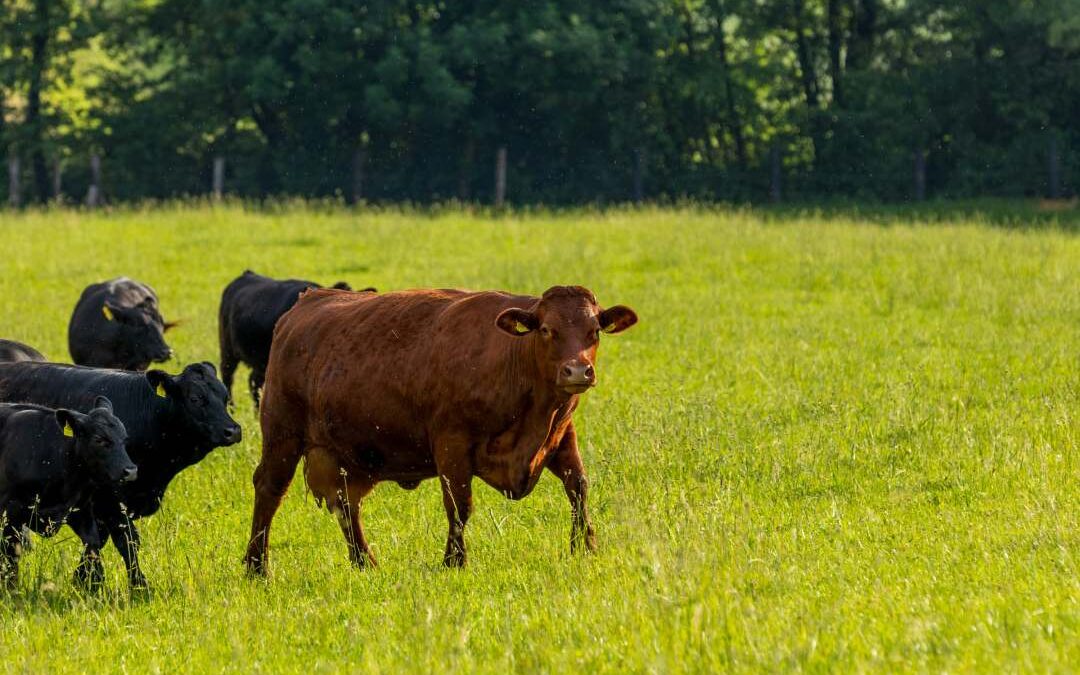Denmark to Charge Carbon Tax on Cows and Pigs
This tax, targeted at methane emissions from cows, sheep, and pigs, will take effect in 2030.
Denmark has become the first country in the world to tax livestock farmers for the greenhouse gases emitted by their animals. This tax, targeted at methane emissions from cows, sheep, and pigs, will take effect in 2030.
The move aligns with Denmark’s ambitious goal of reducing greenhouse gas emissions by 70% from 1990 to 2030. Livestock are significant contributors to methane, a potent greenhouse gas with 87 times the heat-trapping power of carbon dioxide over 20 years, according to the U.S. National Oceanic and Atmospheric Administration (NOAA).
“We will take a big step closer to becoming climate neutral in 2045,” said Danish Taxation Minister Jeppe Bruus. He emphasized Denmark’s pioneering role, hoping other countries would follow suit with similar measures to curb agricultural emissions.
New Zealand previously attempted to implement a similar tax, but it was ultimately scrapped after facing resistance from farmers and a change in government. Denmark has secured a deal with farmers, industry representatives, and unions, paving the way for a more collaborative approach.
This agreement comes amidst European farmer protests against climate change policies they perceive as economically detrimental. The Danish Society for Nature Conservation views the tax as a “historic compromise” that will drive positive change in the food industry.
The tax will start at 300 Danish kroner (US$43) per ton of carbon dioxide equivalent in 2030, rising to 750 kroner (US$108) by 2035. The farmers will receive a 60% income tax deduction, effectively lowering the cost to 120 kroner (US$17.3) initially and 300 kroner (US$43) by 2035.
Denmark, a major exporter of dairy and pork products, houses a significant livestock population. While a typical Danish cow produces 6 metric tons of CO2 equivalent annually, pigs that produce less CO2 than cows will also be subject to the tax. With broad-based support, the tax is expected to be approved by the Danish parliament.
Read More
Tokenized Carbon Credits To Power $100 Billion Market By 2030

